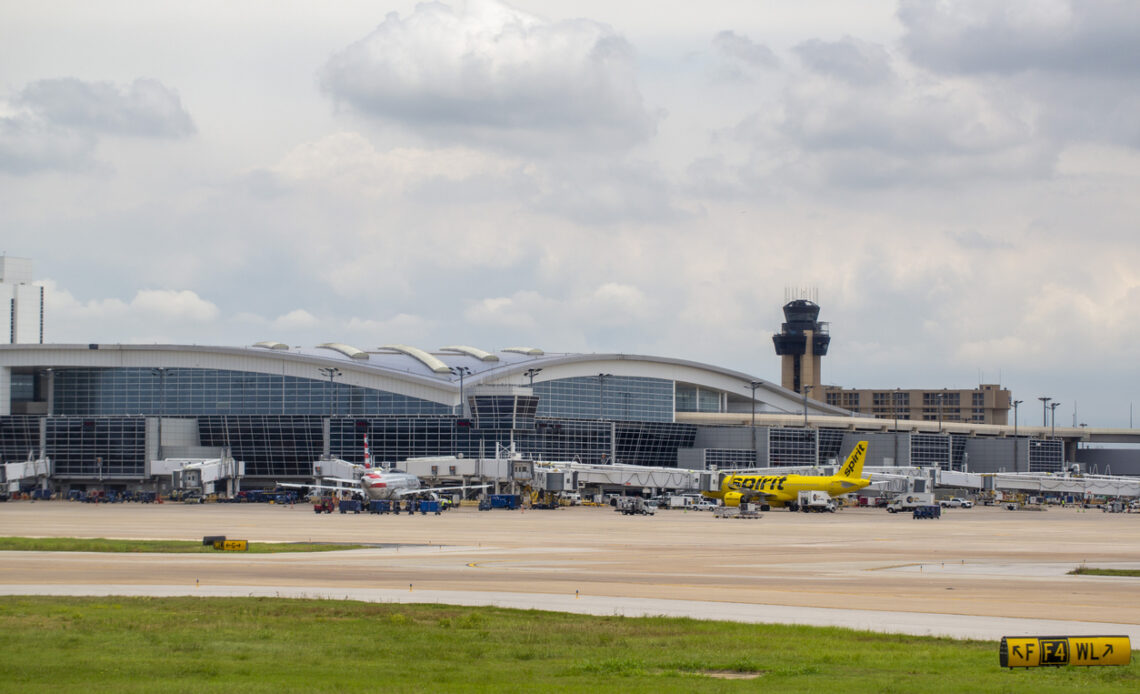
Vertical: Airports
Application: IoT sensors, baggage tracking, cargo/asset tracking
Ecosystem: AT&T, Betacom, Druid Software, Airspan, Samsung, Harman
Private Network: LTE, CBRS
Sometimes the biggest technological advances begin with the smallest problems. For Dallas Fort Worth International Airport, the path to a comprehensive private wireless network started with a simple need to manage bathroom crowding during the pandemic.
The airport’s IT team, led by VP Mike Youngs, initially installed sensors and monitoring systems to help passengers find available restroom stalls. However, connectivity issues with the third-party operated Wi-Fi network quickly revealed a larger challenge: DFW needed its own robust wireless infrastructure to support current and future IoT deployments across its massive 26.9-square-mile campus.
With 72.2 million annual passengers and 30,000 employees, DFW recognized that everything from escalator monitoring to baggage tracking would require reliable wireless connectivity. The airport proceeded methodically, conducting two proof-of-concept trials using CBRS spectrum. The first test, implemented by Betacom, focused on baggage tracking and utilized components from Druid Software and Airspan. A second trial with Samsung and Harman evaluated cargo asset tracking capabilities.
The successful trials led DFW to issue an RFP in late 2021 for a comprehensive private wireless network. Despite strong interest from twelve companies including all major carriers, AT&T secured the five-year, $10 million contract in early 2022. The Dallas-based telecom giant will build and operate the network, giving DFW the control and flexibility it needs to support diverse IoT applications across one of the world’s busiest airports.
What started as a solution for bathroom congestion has evolved into a strategic wireless platform that will enhance operations throughout the airport. The project demonstrates how targeted solutions to specific problems can reveal opportunities for broader technological advancement – in this case, a private network that will serve as the foundation for DFW’s digital future.


